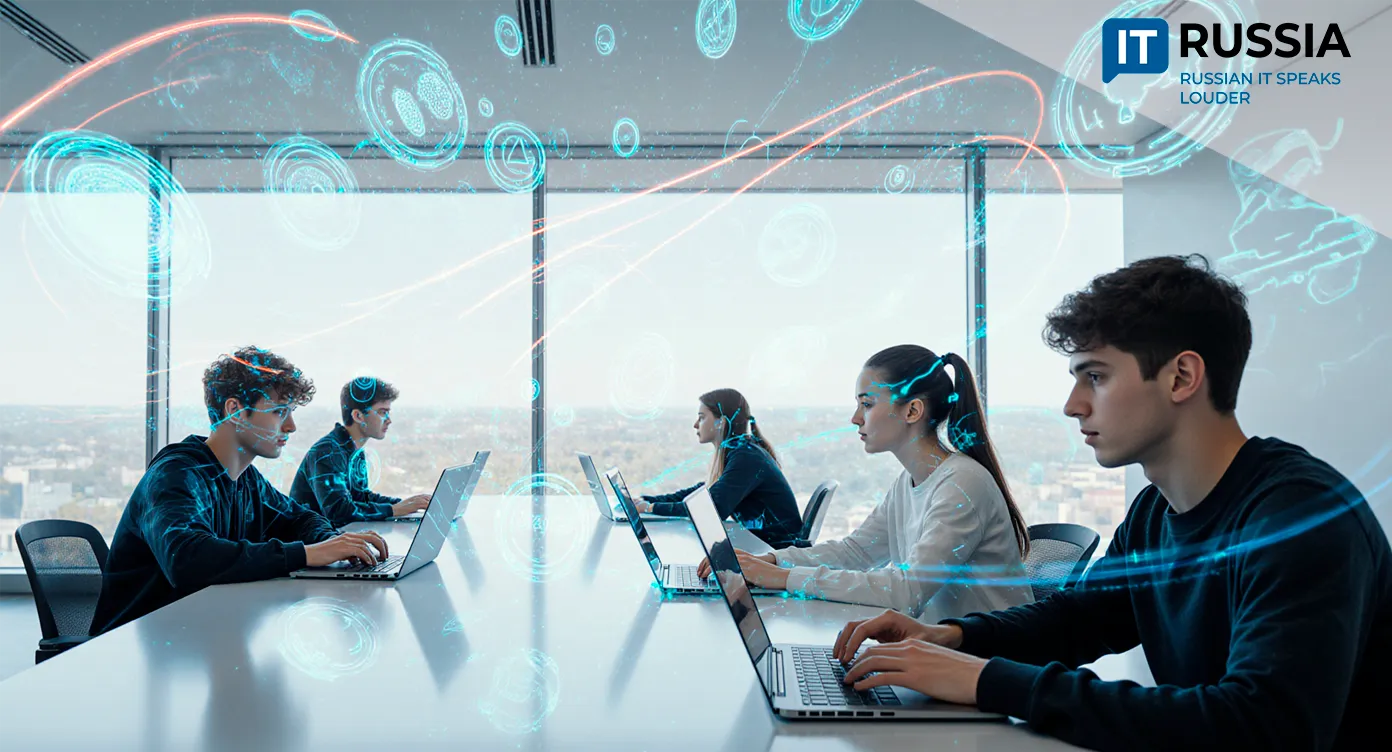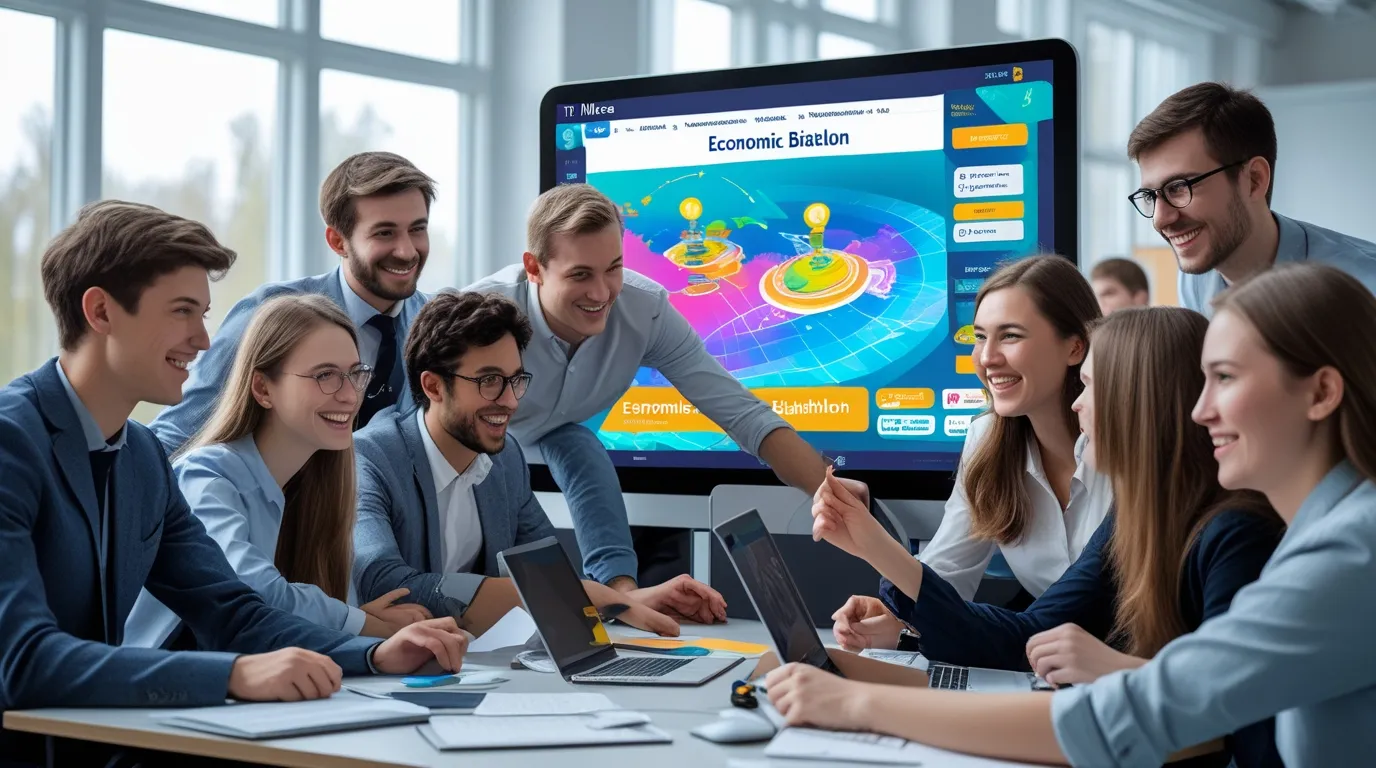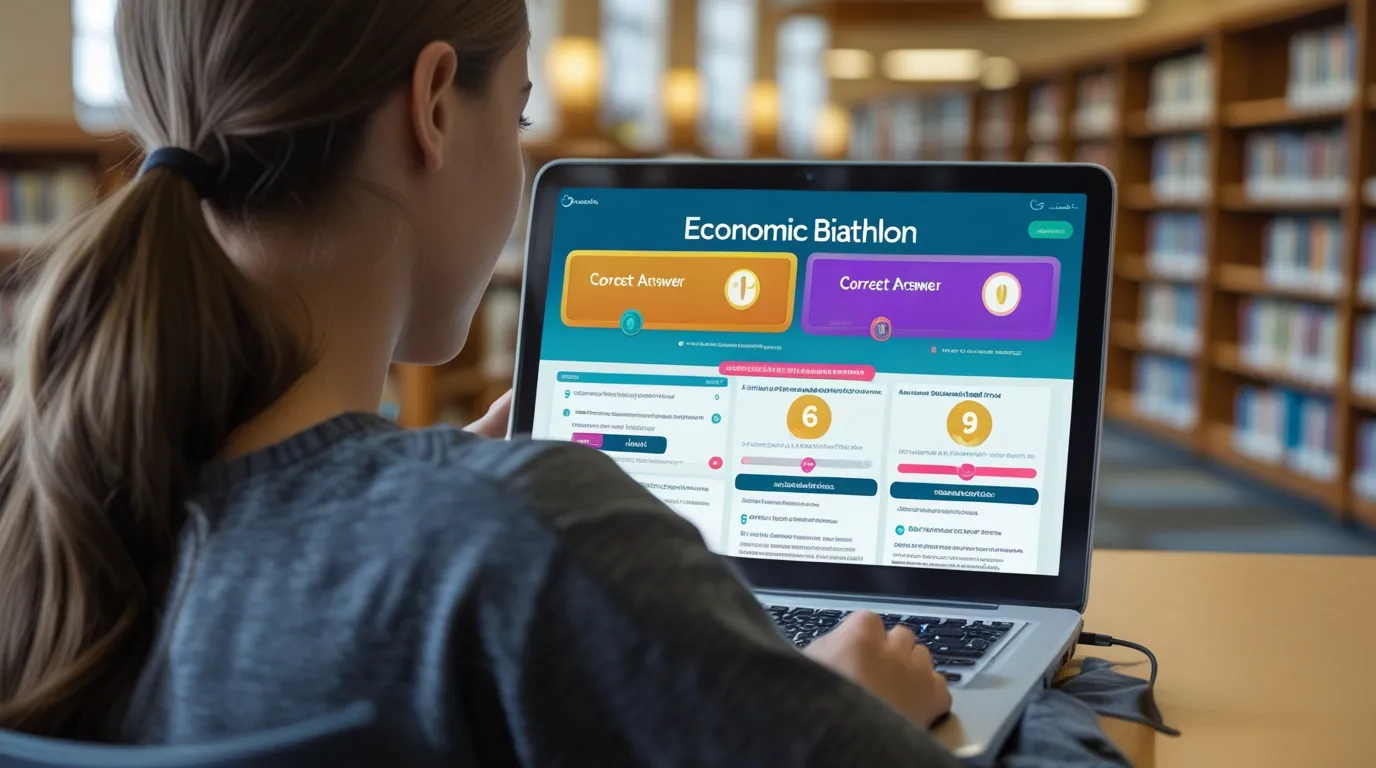Students on the Run: MIREA University Launches “Economic Biathlon”
Russian universities are developing their own digital tools to make learning more interactive. A new project from MIREA — Russian Technological University — uses gamification to enhance the study of economics and financial literacy.

Sprinting Toward Knowledge
MIREA’s Department of Economics has unveiled an innovative educational software product called “Economic Biathlon.” This is not just a one-time initiative but a signal of a broader shift in higher education — when universities begin creating custom EdTech tools that directly respond to their own pedagogical needs.
The platform turns economic training into a competitive, fast-paced challenge inspired by the sport of biathlon — where students “race” to solve problems with both speed and accuracy. Designed to digitalize the learning process, the game aims to increase student engagement through interactivity and immediate feedback, while building a stronger connection between professors and learners.

The gamified format transforms routine theory exercises into exciting, time-limited tasks, motivating students to perform at their best. For MIREA, this represents a step toward technological self-sufficiency: instead of relying on costly external solutions, the university has developed an in-house product tailored to its own educational ecosystem.
Toward the Winner’s Podium
The potential for “Economic Biathlon” extends far beyond a single department. Within the university, future development includes expanding the range of topics, adding analytics modules to track student progress, and integrating with Learning Management Systems (LMS) for automation. Web and mobile versions are already in discussion, along with interfaculty tournaments that could boost engagement across disciplines.
But the real opportunity lies outside MIREA’s walls. The platform could evolve into a national competition — a “Russian Cup in Economic Biathlon”. That step would open the door to commercialization. Other universities could adopt the software through licensing agreements, transforming the project into a viable EdTech product. With localization, it could also reach international markets, including the CIS region and beyond.
Gamification as an Educational Engine
Gamification has become a proven driver of engagement in global education. Studies on platforms like ResearchGate show that competitive learning elements significantly enhance students’ motivation and comprehension of financial literacy.

Russian universities are already exploring similar formats: for instance, St. Petersburg State University of Economics introduced “game books” and team learning via messaging apps, while during the pandemic, students continued collaborative innovation projects using Minecraft. Southern Federal University also ran economics quizzes in partnership with major banks.
“Economic Biathlon” builds on these experiences but takes them a step further by offering a structured, scalable digital solution, not just one-off gamified activities.
Beyond a Game

Ultimately, the project’s success will depend on its educational integrity. While gamification boosts engagement, developers emphasize that “Economic Biathlon” must remain a learning-first platform, not just entertainment. Continuous feedback from both professors and students will be crucial for its growth.
If MIREA maintains this balance, the software could soon become a standard tool for economics departments across Russia — proving that the future of education innovation is not limited to Silicon Valley but also thrives inside forward-thinking universities.










































